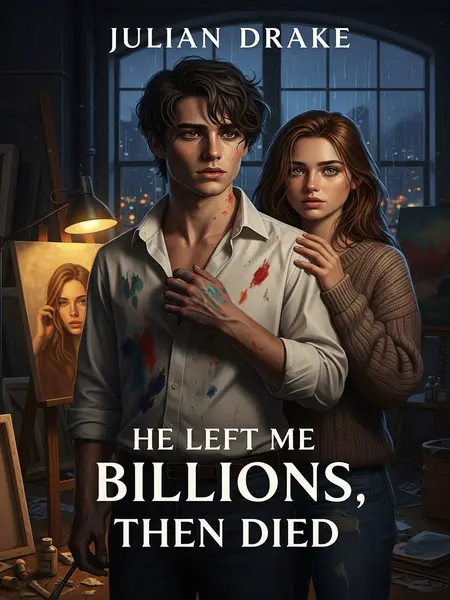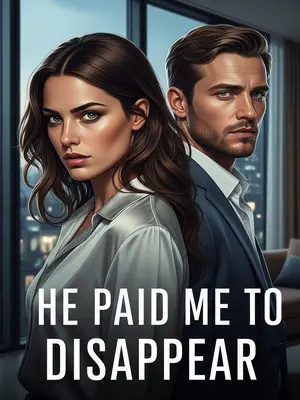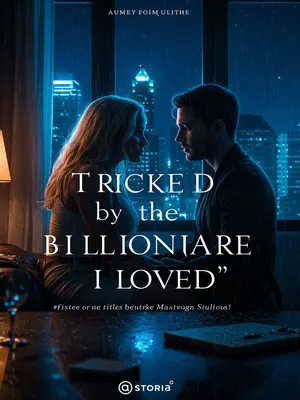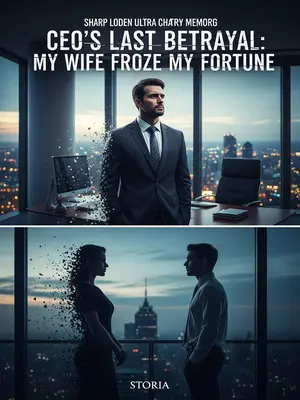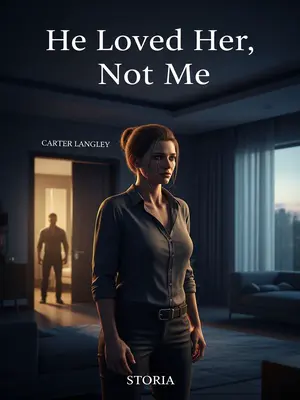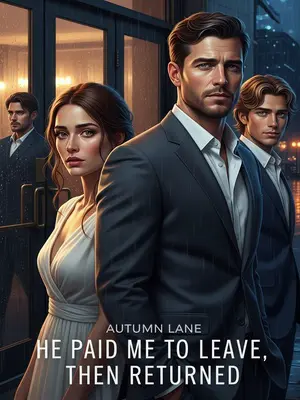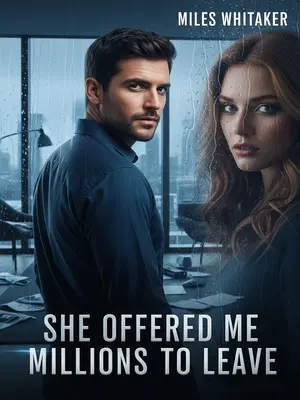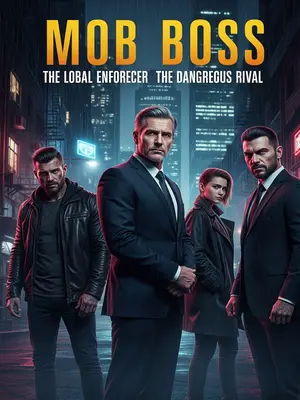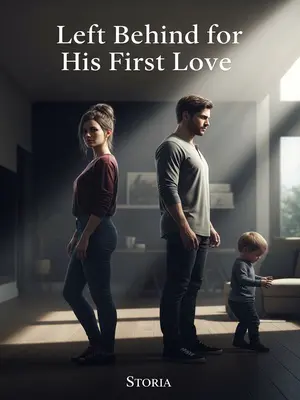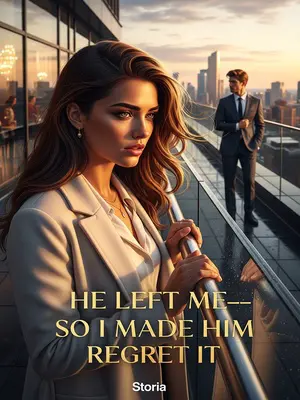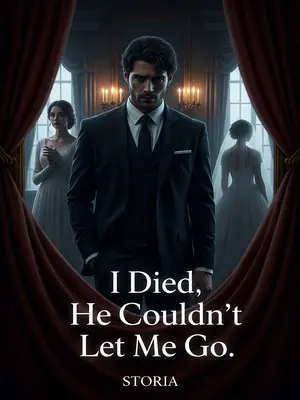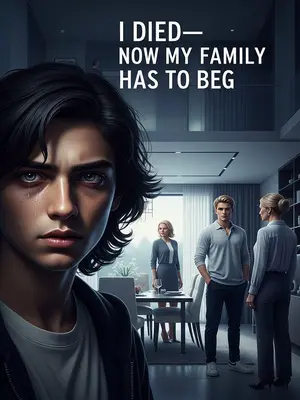Chapter 4: Inside Julian’s Fortress
I went home with Julian. On the way, I asked, "Can I come over?"
He looked at me, didn’t say no, so I took it as a yes.
In my last life, I’d never been to his house. Julian’s home was huge—a real mansion by the river, with famous oil paintings covering every wall. The place was full of art, but somehow suffocating, like a fancy cage.
He lived alone—no family, not even a housekeeper. The living room was spotless, probably cleaned by a part-time maid. It didn’t feel like a home, more like a luxurious prison.
"Don’t you have any family? Grandparents or something?" I wanted to ask, but worried I’d hit a nerve. The words stuck in my throat.
"There’s only some mashed potatoes left. If you want dinner, there’s not enough—I’ll have to order takeout. I can’t cook."
He was honest.
I smiled. Maybe he thought of me as a friend now—otherwise, he wouldn’t have invited me to dinner. It’s not easy getting past the walls of someone on the spectrum.
I peeked at the potatoes—they were in a takeout box, and as soon as I opened it, the sour smell of spoiled food hit me. I rushed over and snatched it from him, frowning.
"Hey, this has gone bad. You can’t eat it."
"It’s only been three days," he said calmly.
"Three days? It’s July—middle of summer!"
Was this how he usually lived? My chest tightened. Why was his life so hard? I felt like crying again.
"I’ll cook for you," I said.
"You can?" He looked at me in disbelief.
"Of course. I’ve been taking care of myself since I was little." I tapped my chest.
"Okay." He smiled like a kid.
Julian wanted to help, but it was obvious he wasn’t cut out for it. In the end, he just stood there, empty-handed. I smiled and told him, "Go draw in your room. I’ll call you when it’s ready."
"Okay." He smiled again, just like a child.
The fridge was empty. Nothing to cook with. I had to order groceries through Instacart.
Ding-dong!
The doorbell rang. "That was fast," I thought. It had only been half an hour, but the place was far away—it should’ve taken at least an hour and a half.
I was starving, so I didn’t care. I opened the door to see a sharp, professional-looking woman. I recognized her—Julian’s private therapist, Dr. Renee Porter. I’d met her in my last life.
Julian had introduced us. When he first started school, his looks and grades made him popular with the girls, but his coldness soon shut everyone out. No one wanted to keep chasing someone who never responded.
Rumors about his parents’ deaths—a murder-suicide—spread, and his autism became a ticking time bomb, isolating him from everyone. Eventually, no one played with him; they just watched from afar.
When people mentioned Julian, they’d say, "Oh, that cold, insanely handsome guy in Class 1."
In the end, I was the only one who stuck around, eating with him, walking to and from school together.
I never thought he was sick. In fact, he was kind—if I was upset, he’d awkwardly comfort me and give me candy. He was the only one in class who talked to me. Our friendship grew.
But after a while, I noticed that whenever I got close, he’d pull away, keeping his distance, like there was an invisible barrier I couldn’t cross.
